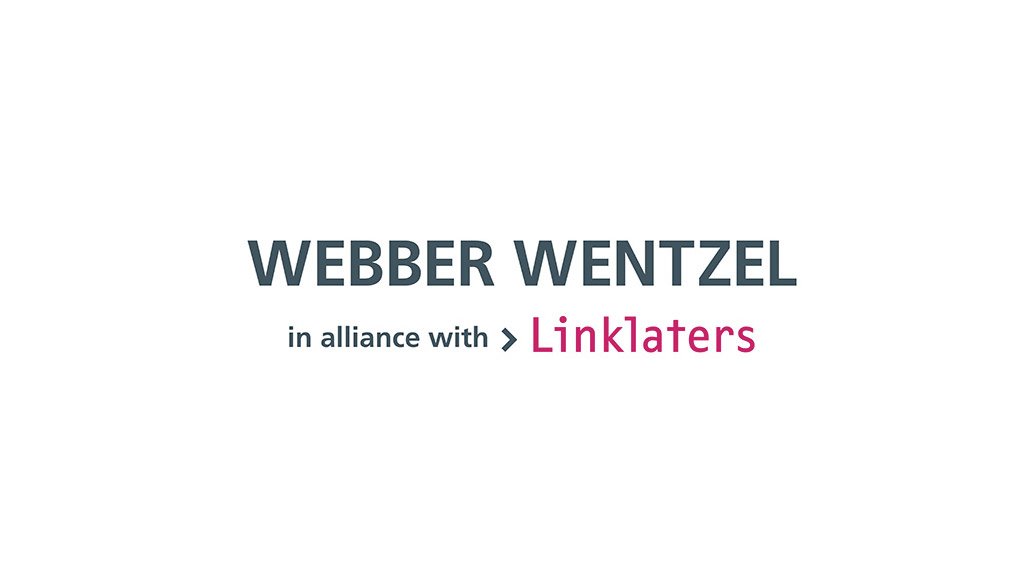Harassment in the workplace, particularly sexual harassment, continues to challenge organisations across industries. While laws and policies provide a framework for handling complaints, the way cases are managed in practice often determines whether employers truly protect their people and themselves.
A recurring pattern has been observed in harassment matters. Accused employees and their representatives often focus on technical defences or adopt aggressive strategies, while the lived experience and trauma of the complainant are minimised or overlooked.
Defending an employee is a fundamental right, but this right should never be exercised in a way that re-traumatises victims. Too often, alleged perpetrators have been able to intimidate complainants or witnesses, with cross-examination tactics disguised as ‘robust questioning’ ultimately forcing victims to withdraw even when their claims were credible. Ironically, such combative approaches frequently do more harm than good, often damaging the credibility of the accused rather than strengthening their defence.
A call to action for employers
Employers set the tone for how harassment cases unfold. Handling these matters effectively requires more than procedural fairness; it requires a trauma-informed, sensitive approach.
Seasoned chairpersons should be appointed to oversee hearings, creating a safe and respectful environment where complainants feel supported and protected. At the same time, the process must remain fair to the accused. Striking this balance is not easy, but it is essential. Employees bringing genuine complaints should never feel punished by the process itself.
False accusations, while rare, do occur. Employers must act decisively in such instances to protect individuals and organisational integrity. However, the possibility of malicious claims should never justify a culture of hostility or insensitivity.
The legal and reputational stakes
When harassment cases are mishandled, the consequences are severe. Employers face exposure to vicarious liability, where the organisation is held responsible for the actions of its employees if it failed to act reasonably. The Commission for Conciliation, Mediation and Arbitration and Labour Courts have consistently emphasised that employers must create an environment free from harassment and discrimination, and failures in this regard attract costly awards and damages.
Beyond legal liability, the reputational impact can be devastating. An organisation seen as indifferent or hostile to complainants, risks losing talent, undermining trust, and damaging its employer brand. In contrast, companies that deal with complaints fairly and sensitively not only protect individuals but also reinforce their values and credibility.
Practical steps for employers
Across sectors, there are clear practices that make the difference between a defensible, credible process and one that leaves organisations exposed. Some of these practices include:
- Maintaining a clear, well-communicated harassment policy that is more than just words on paper.
- Training managers and Human Resource professionals to recognise signs of harassment and respond appropriately.
- Appointing independent, skilled chairpersons to oversee sensitive hearings.
- Providing complainant support measures, such as counselling and a safe reporting structure.
- Acting swiftly but fairly, ensuring that neither party feels prejudiced by the process.
- Beyond compliance: putting values into practice
Harassment cases are not just legal matters; they are a test of an organisation’s values and its commitment to its people. Protecting employees and protecting the organisation are not opposing goals. When handled thoughtfully, they reinforce one another.
As labour lawyers have observed, the right approach can make all the difference. Employers who act with both fairness and sensitivity build stronger, more resilient workplaces. Those who neglect this responsibility risk legal battles, reputational harm, and most importantly the wellbeing of their people.
Final thought
Getting it right is not optional. It is a leadership responsibility and a legal imperative. If your organisation is facing a harassment complaint or wants to strengthen its policies and processes, now is the time to act. With the right guidance, employers can navigate these matters effectively, protect their people, and safeguard their businesses.
Written by Dumisani Ndiweni, Partner at Webber Wentzel
EMAIL THIS ARTICLE SAVE THIS ARTICLE ARTICLE ENQUIRY FEEDBACK
To subscribe email subscriptions@creamermedia.co.za or click here
To advertise email advertising@creamermedia.co.za or click here











